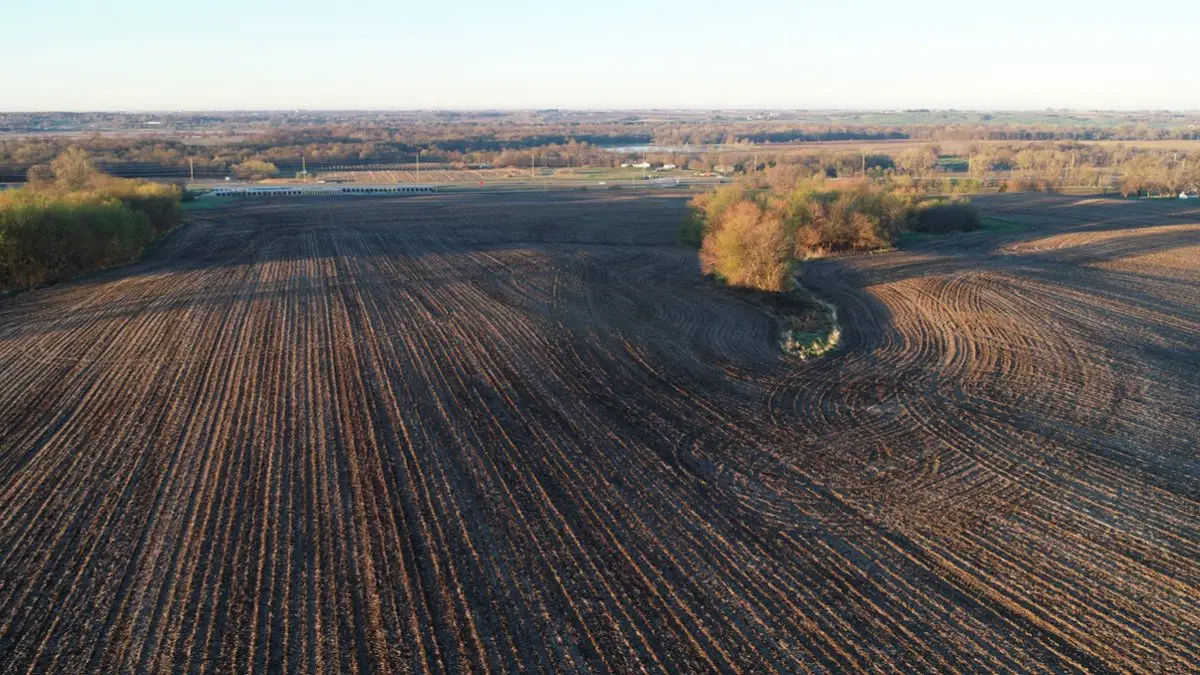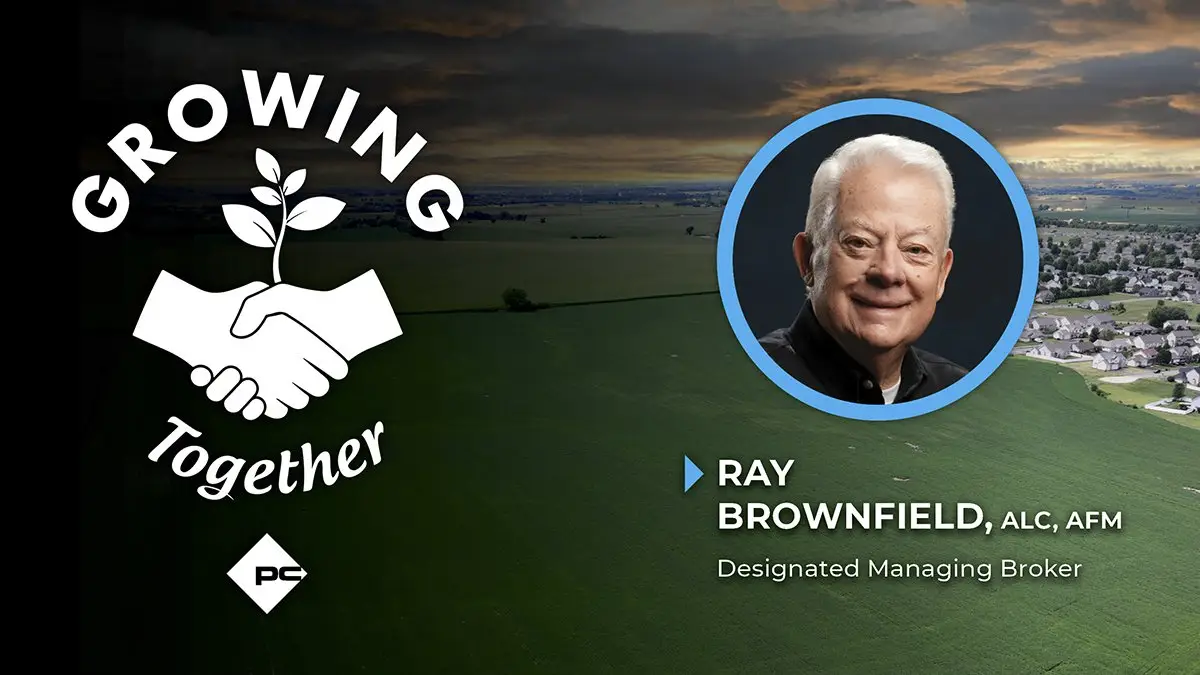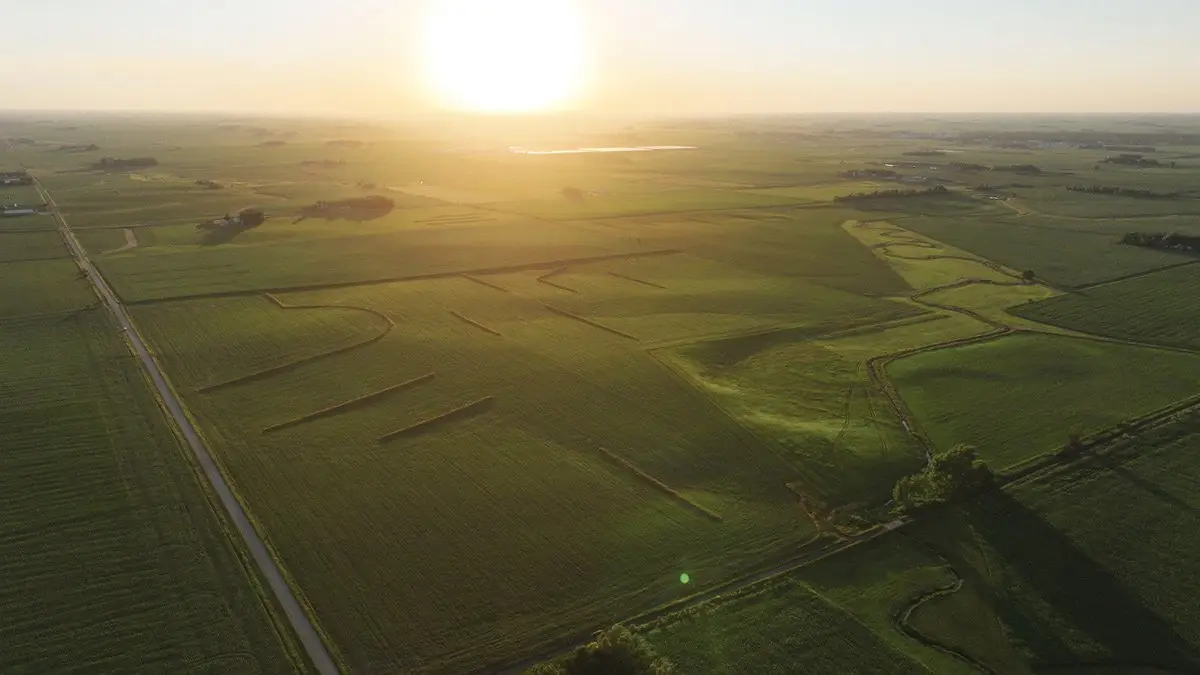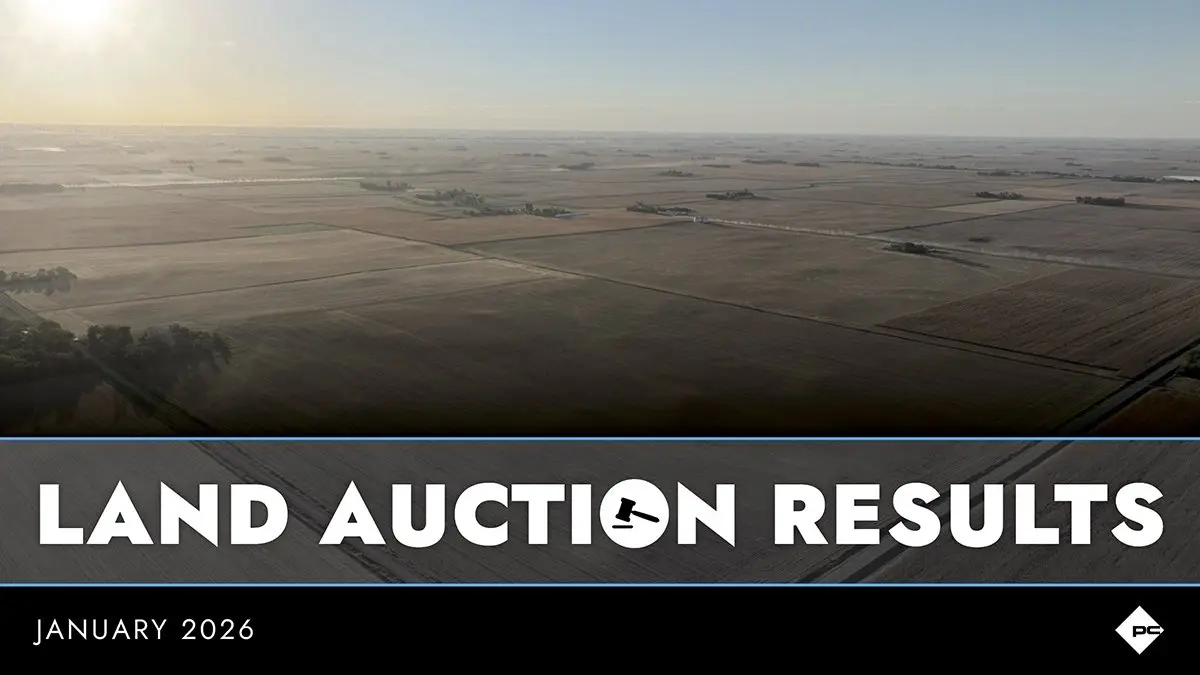Are you considering investing in land for recreational purposes? Whether you're dreaming of a secluded hunting retreat, a serene fishing spot, or simply a piece of nature to call your own, purchasing recreational land can be a rewarding investment. However, it's essential to approach the process with careful consideration and thorough research to ensure you make a sound investment decision. In this guide, we'll explore the key factors to consider when buying recreational land and provide tips for maximizing the potential of your investment.
Define Your Objectives:
Before diving into the market, take some time to define your objectives before a purchase. Are you primarily interested in hunting, fishing, hiking, or camping? Do you plan to use the land for personal enjoyment or an investment strategy? Do you want a “project” or something turnkey? Clarifying your goals will help you narrow your search and find the perfect property that aligns with your vision.
Location, Location, Location:
The location of your recreational land is paramount. Consider factors such as proximity to your primary residence, accessibility, and the surrounding area including neighboring landowners. If you are interested in hunting, don’t overlook the fact your neighbors can have a huge impact on your ability to experience quality hunting. Properties located near lakes, rivers, or forests often offer excellent recreational opportunities and can hold their value well over time. Additionally, research local zoning laws, environmental or hunting regulations, and potential future development or changes in land use that could impact the property.
Assess the Land:
Once you've identified potential properties, conduct a thorough assessment of the land. Consider its topography, soil quality, water sources, wildlife species, and existing vegetation. A diverse landscape with a mix of forested areas, open fields, and water features can provide a wide range of recreational opportunities and enhance the property's appeal. Visit the land in person to get a firsthand sense of its characteristics and any challenges. Also, pay attention to income potential and think creatively! Recreational properties can generate income in many ways outside of a traditional crop lease or CRP payments. For example, short-term rentals have become extremely popular, and renting out a “cabin in the woods” could produce a significant return.
Understand Costs and Expenses:
Buying recreational land involves more than just the purchase price. Factor in additional costs such as property taxes, insurance, maintenance expenses, and potential development or improvement costs. Additionally, consider ongoing expenses such as utilities, road or trail maintenance, habitat management, and equipment costs. One common but often overlooked cost is the presence of invasive species. Significant time and resources can be spent to control or remove invasive species from a property. Be sure to budget accordingly to avoid any financial surprises down the road.
Consider Long-Term Potential:
While recreational land can offer immediate enjoyment, it's also essential to consider its long-term potential as an investment. Look for properties with features that could increase in value over time, such as road access, waterfront access, scenic views, or proximity to urban areas. Keep in mind that land values can fluctuate based on market conditions, economic trends, changes in land use policies, and even the quality of local wildlife populations. Take a strategic approach to maximize your investment return.
Seek Professional Advice:
Navigating the process of buying recreational land can be complex. Consider seeking guidance from experienced real estate professionals who know the local market and regulations. An experienced agent can help you identify suitable properties, negotiate favorable terms, avoid unanticipated costs, and ensure a smooth transaction from start to finish.
Plan for Enjoyment and Conservation:
Above all, purchasing recreational land should be a fulfilling experience that allows you to connect with family, friends, and your property. Recreational properties can be the catalyst for making memories with the ones you cherish most while at the same time offering long-term financial benefits – in my opinion, the ultimate return on investment! By defining your objectives, carefully selecting the right property, and planning for ongoing expenses, you can make a sound investment that enriches your life and preserves the beauty of nature for years to come.







